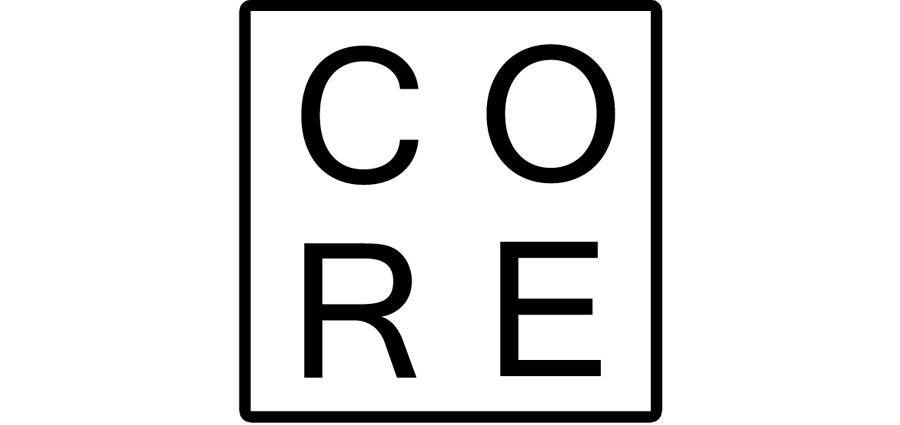CO.R.E aims to enhance earlier detection of corruption risk through big data techniques and a data evidence-based approach constructing a Composite Indicator (CI) of corruption risk as a new tool to analyse data for preventing corruption, useful for the public sector and for the private one.
Furthermore, because it is necessary to promote a culture of integrity in the public service and among businesses – via compliance programmes, use of integrity pacts, and strengthening the protection of whistle-blowers, and anti-corruption measures – the project intends to ensure better collection and analysis of data, also establishing public procurement irregularities databases as well as developing anomalies detection tools.
For the achievement of its main goal the CORE project has several specific objectives:
- analysing the legal framework of procurement data and identifying the role of data in public procurement integrity. Specifically, it aims to identify data procurement quality requirements, analyse data reusability legal regulation, examine data interoperability technical and legal framework, assess data limitations and their impact on public procurement integrity.
- developing and validating a replicable procedure for computing a Composite Indicator (CI) of corruption risk in public procurement in time of pandemic, based on a collection and cross-processing of public procurement data.
Purposely, with respect to each methodological phase involved in the construction of a CI of corruption risk in public procurement (from data selection/extraction and cleaning to sensitivity analysis), this specific objective consists in providing:
- software codes and a descriptive practical guide for checking the assumptions behind each methodological choice to adopt in the process of CI construction;
- software codes and a descriptive practical guide to carry out the statistical analyses within each method (normalization, aggregation weighting methods, and sensitivity analyses) within each step of a CI construction, given the assumptions they are based on;
- a number of practical examples based on real data made available by the project partners to
- support the process of autonomous CI development by practitioners in the field and any other interested party.
- creating a database where data collected can be entered following a common and shared methodology in order to provide information needed for the analysis and the creation of indicators.
- develop a dashboard for the visualization through maps and infographics of the main indicators resulting from the data analysis.
- ensuring sustainability of the web-tool, also activating networks other than the CORE partnership within the framework of sustainability and exploitation strategic plan.
- exploiting the results achieved, utilizing them in further research and development actions addressed to other target groups (e.g. explore opportunities to cooperate with existing investigative journalism networks with the aim of making the business insight platforms sustainable and relevant in the long run).
The Project Partners:
Università degli Studi di Perugia, Dipartimento di Scienze Politiche, Italy www.unipg.it
FONDAZIONE HALLGARTEN-FRANCHETTI CENTRO STUDI VILLA MONTESCA, Italy
info.nodes, Italy www.infonodes.org
FUNDACIO PER A LA UNIVERSITAT OBERTA DE CATALUNYA, Spain www.uoc.edu
Oficina Antifrau de Catalunya, Spain www.antifrau.cat
TI – TRANSPARENCIA E INTEGRIDADE ASSOCIACAO CIVICA, Portugal www.transparencia.pt
DUBLIN CITY UNIVERSITY, Ireland www.dcu.ie

